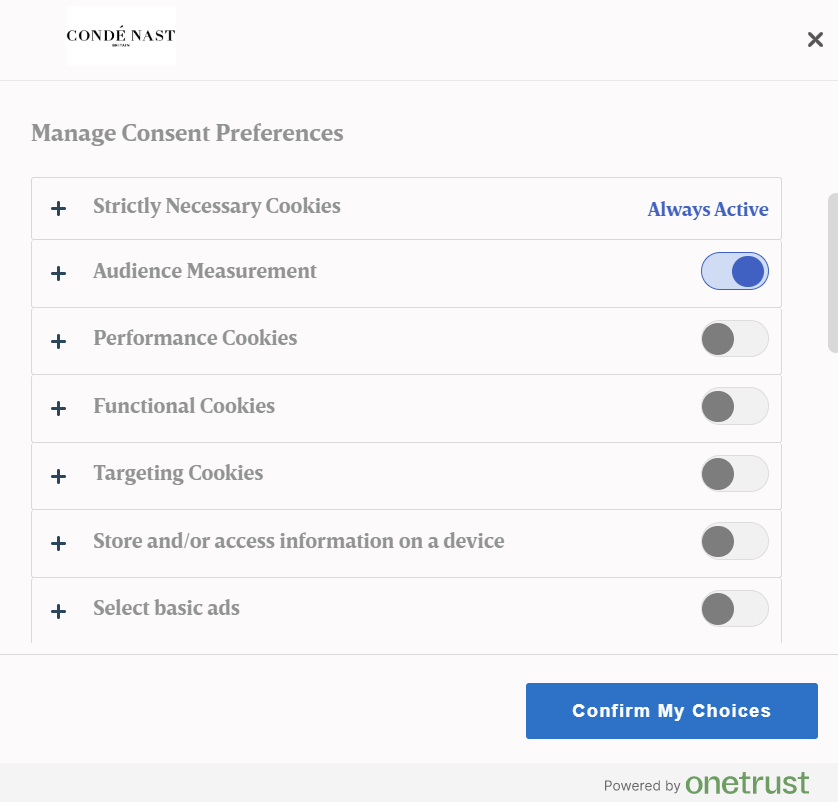Privacy
Contents
9.1. Privacy#
There are many reasons, both good and bad, that we might want to keep information private.
There might be some things that we just feel like aren’t for public sharing (like how most people wear clothes in public, hiding portions of their bodies)
We might want to discuss something privately, avoiding embarrassment that might happen if it were shared publicly
We might want a conversation or action that happens in one context not to be shared in another (context collapse)
We might want to avoid the consequences of something we’ve done (whether ethically good or bad), so we keep the action or our identity private
We might have done or said something we want to be forgotten or make at least made less prominent
We might want to prevent people from stealing our identities or accounts, so we keep information (like passwords) private
We might want to avoid physical danger from a stalker, so we might keep our location private
We might not want to be surveilled by a company or government that could use our actions or words against us (whether what we did was ethically good or bad)
When we use social media platforms though, we at least partially give up some of our privacy.
For example, a social media application might offer us a way of “Private Messaging” (also called Direct Messaging) with another user. But in most cases those “private” messages are stored in the computers at those companies, and the company might have computer programs that automatically search through the messages, and people with the right permissions might be able to view them directly.
In some cases we might want a social media company to be able to see our “private” messages, such as if someone was sending us death threats. We might want to report that user to the social media company for a ban, or to law enforcement (though many people have found law enforcement to be not helpful), and we want to open access to those “private” messages to prove that they were sent.
9.1.1. Privacy Rights#
Some governments and laws protect the privacy of individuals (using a Natural Rights ethical framing). These include the European Union’s General Data Protection Regulation (GDPR), which includes a “right to be forgotten”, and the United State’s Supreme Court has at times inferred a constitutional right to privacy.

Fig. 9.1 Privacy tracking settings prompt on wired.com. These prompts were added as part of following the EU’s new GDPR regulations.#
